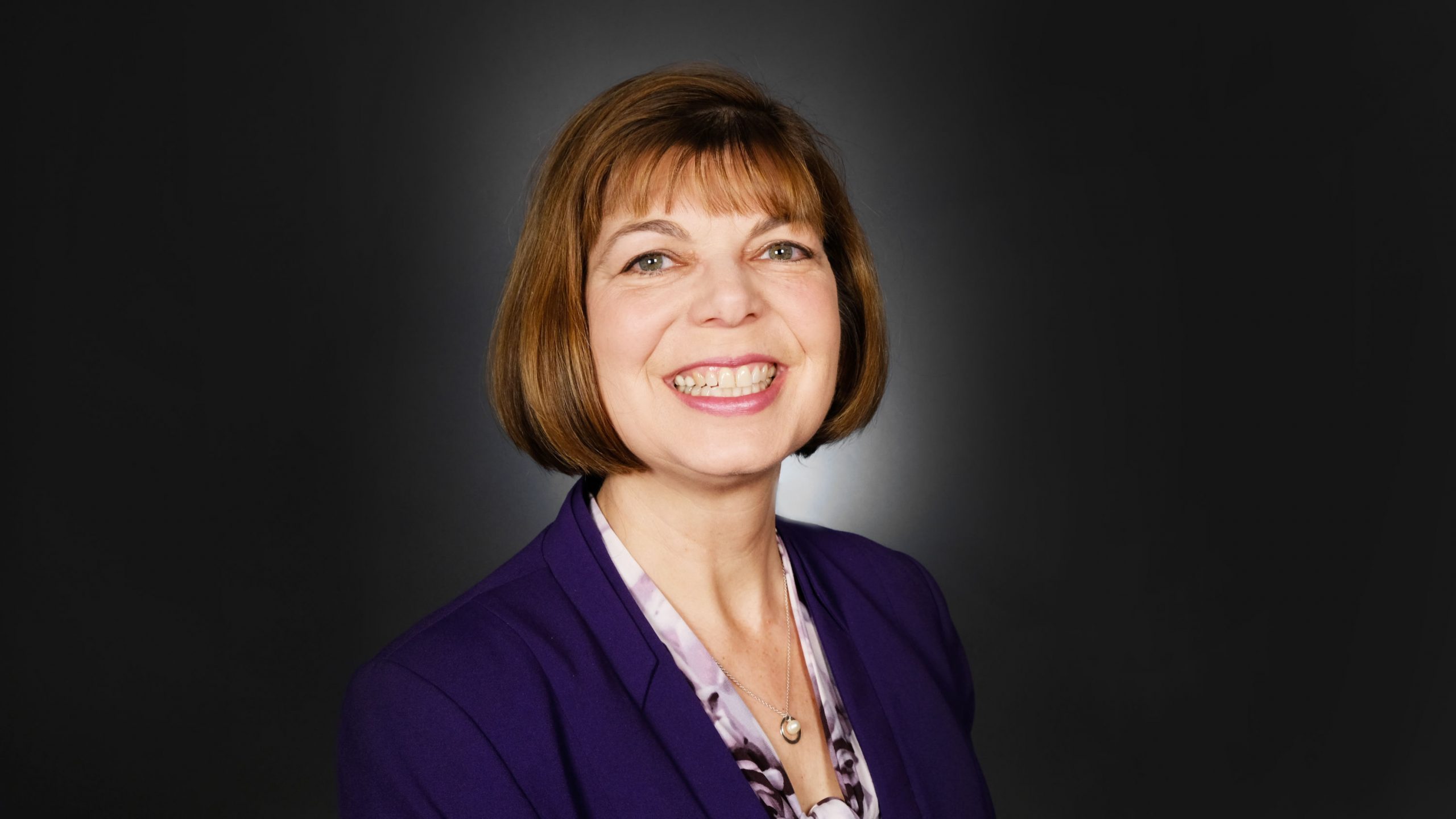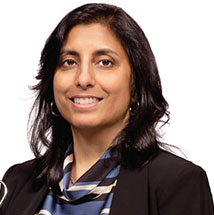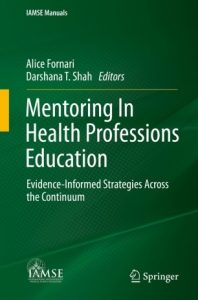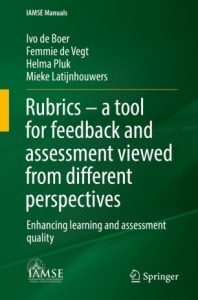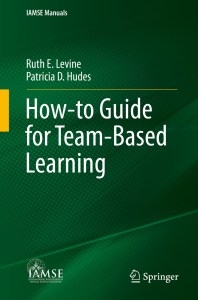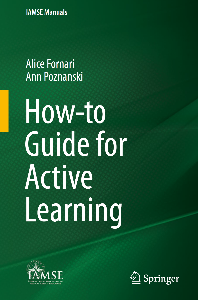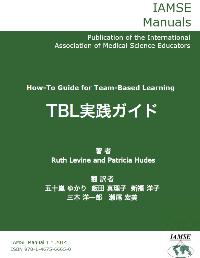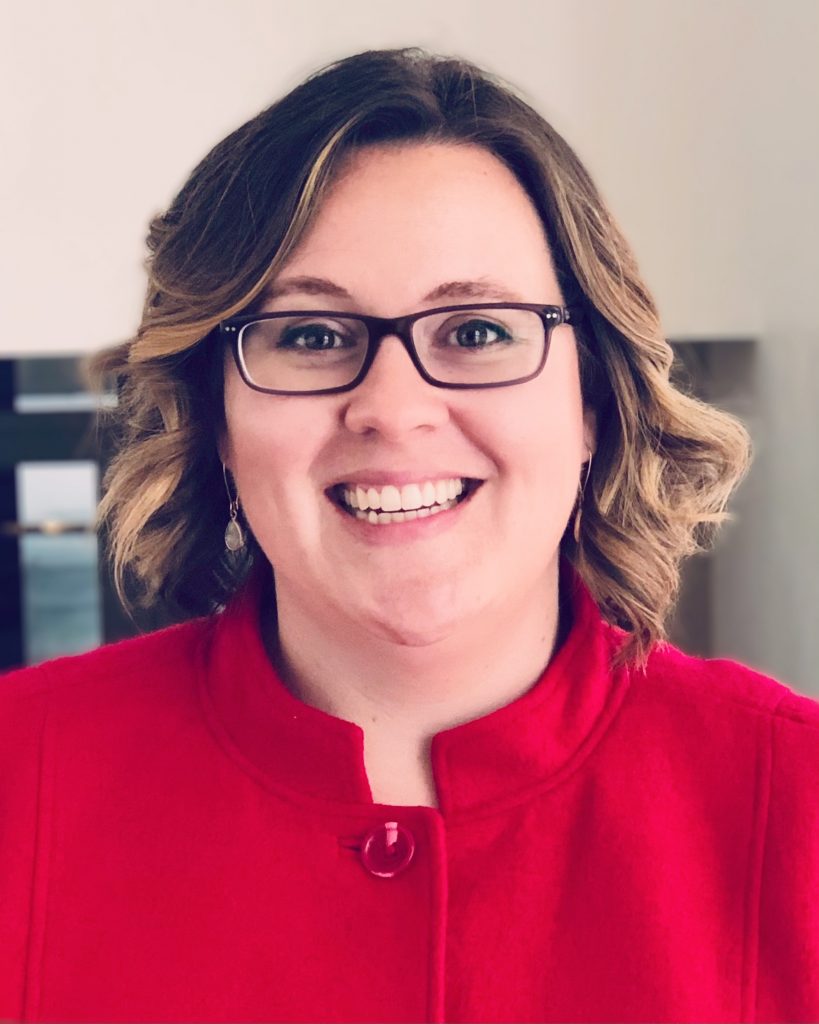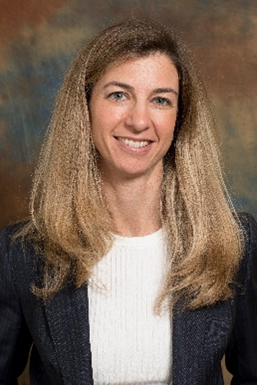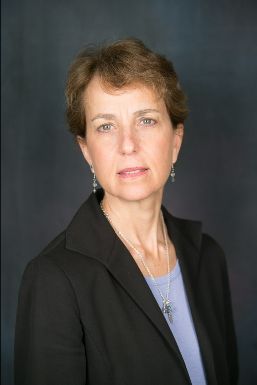[The following notes were generated by Sandra Haudek, PhD.]
The Spring 2022 IAMSE Webinar Seminar Series, titled “To Infinity and Beyond: Expanding the Scope of Basic Sciences in Meeting Accreditation Standards” finished with its fifth seminar on Thursday, March 31, 2022, titled “Strategies for Incorporating Self-Directed Learning into Basic Sciences Education”. In this session, Samara Ginzburg, Dean for Education and Associate Professor of Medicine and Science Education, and Joanne Willey, Chair of the Department of Science Education, both from the Donald and Barbara Zucker School of Medicine at Hofstra/Northwell, presented strategies to promote the development of self-regulated learning skills needed for students to become self-directed.
Dr. Ginzburg started this interactive session by asking the audience to picture a colleague who practices self-directed learning (SDL). Throughout the session, she asked the audience questions about their behaviors and compared the audiences’ answers to published data.
Dr. Willey stated that the literature is full of information on student characteristics and their relationship to SDL. However, they did not find studies with information on the understanding of SDL by faculty. Therefore, they conducted a national survey of medical educators designed to assess faculty needs on their understanding of SDL [1,2]. Specifically, do faculty value SDL for medical students? Are faculty familiar with strategies documented to promote SDL? They found that of the 350 undergraduate medical educators who responded, ~95% believed that SDL is essential for medical student success. However, when asked what, in their opinion, SDL encourages, answers were multifaceted. Among those, the team identified three layers: (1) highest layer: life-long learning values, self-reflection, curiosity, motivation, goal setting, and better equipped to meet challenges; (2) middle layer: better prepared for the classroom and clinical responsibilities, peer teaching, team-based skills; and (3) lowest layer: improving academic performance, communication skills.
Dr. Ginzburg continued by stating the actual definition as published by her team [3]. She explained that her institution’s curriculum is grounded on SDL with 12 years of experience. Self-directed learning is “a construct that embodies the process elements associated with self-regulated learning as well as the characteristics of the learner and the culture of the learning environment.” The concepts include three separate areas that have to fall together: (1) learner characteristics (motivation, curiosity, resilience); (2) the culture of the learning environment (assessment, resources, values, hidden curriculum); and (3) the self-regulated learning cycle. The latter is intrinsic to the entire SDL process and, although this process is innate to some personalities, it has to be learned and practiced by most faculty. The cycle encompasses planning, learning, assessing the knowledge to identify gaps, and adjusting behaviors to close these gaps.
LCME gives another definition (element 6.3) which is similar to those from other educational regulatory bodies for health professions schools. Educators need to make sure students know how to self-assess their learning, how to independently analyze, identify, and synthesize the relevant information (learning of the cycle), how to appraise the credibility of resources, and ensure that students receive feedback on their information-seeking skills. LCME asks to do this as a unified sequence, meaning altogether as part of the same learning activity. This element has driven many changes in curricula across the country to include SDL.
Dr. Willey continued by reviewing data from her national survey study [1,2]. In their study, her team created questions for medical educators addressing three SDL strategies: (1) Cognitive strategies, which make the material more accessible (e.g., what do you do to help students understand, relate to, and digest the material?). (2) Metacognitive strategies, which increase the ability to set goals, self-assess, and adjust. (3) Emotional & motivational strategies, which address learner attributes and culture of the learning environment. They found that faculty were overall familiar with the metacognitive and emotional & motivational strategies to promote SDL, but were much less comfortable with cognitive strategies despite having the most control over them as they teach. To highlight their findings, Dr. Willey posed several of their study questions to the audience and, after analyzing the polls, discussed the audience’s overall responses compared to the national overall responses.
To highlight the different question types, Dr. Ginzburg discussed Charles Grow’s model of staged SDL from the general education literature (1990s). In this model, Dr. Grow considers a student to pass through different levels of self-direction. A student starts as a dependent, becomes interested, then involved, and then self-directed. The student functions on different levels depending on the content; they may be on a higher level in one area but a lower level in another area. In his model, Dr. Grow also considers the role of the instructor from being an authority/coach, to motivator/guide, to facilitator, to consultant/delegator. Thus, as the student progresses through these levels, the faculty should also adjust their roles. Ideally, the instructor matches, or near matches, the level of the student. A mismatch, or severe mismatch, should be avoided. If an instructor works with a group of students, the instructor should find the overall best level, accepting that one student may be a severe mismatch; the latter student is best helped by one-on-one meetings. The faculty’s task is to practice how to recognize and meet the learners on their level, as well as take learners step-by-step from one level to the next.
Dr. Willey explained that individuals usually stick to the same question type during their teaching. However, with practice, faculty may move between question types on purpose, depending on the students’ levels and environment. The type of questioning drives what happens before, during, and after an SDL session. She illustrated how faculty can covert a recall question into an analysis question, then into a synthesis question, based on work from the Stanford Faculty Development Program, Leland Stanford University (1998). Faculty should also be able to encourage students to rephrase their questions from the first level to higher-level questions to generate discussion and practice scaffolding. (1) Recall questions (what?) probe for basic facts and require prior knowledge or experience. Recall questions do not generate much discussion but engage learners in some form before the session. (2) Analysis and synthesis questions (how?) require learners to demonstrate deeper understanding, create context into which individual pieces of data fit, and apply deductive reasoning and logic to answer questions. Analysis questions generate reasonable discussions in advance, during, and after the SDL session. (3) Application questions are complex and require integrating different materials, but generate robust discussions. Application questions require preparation, highly stimulating discussions, and continue to impact after the SDL session.
The presentation lasted 45 minutes. Drs. Ginzburg and Willey then responded to questions from the audience: How do the cognitive, metacognitive, and motivational strategies discussed differ from learning versus SDL? How can you integrate the concepts you discussed to be used to meet LCME, which requires faculty feedback on citations? Does SDL affect team performance? Do you believe that Montessori students have an advantage?
- Lim YS, Lyons VT, Willey JM. Supporting Self-Directed Learning: A National Needs Analysis. Med Sci Educ. 2021 Apr 6;31(3):1091-1099. doi: 10.1007/s40670-021-01278-y. eCollection 2021 Jun. PMID: 34457952
- Lim YS, Lyons VT, Willey JM. Supporting Self-Directed Learning: Development of a Faculty Evaluation Scale.Teach Learn Med. 2021 Oct 13:1-10. doi: 10.1080/10401334.2021.1977136. Online ahead of print. PMID: 34645314
- Ginzburg SB, Santen SA, Schwartzstein RM. Self-directed Learning: a New Look at an Old Concept. Med Sci Educ. 2020 Oct 20;31(1):229-230. doi: 10.1007/s40670-020-01121-w. eCollection 2021 Feb. PMID: 34457877 Free PMC article.
